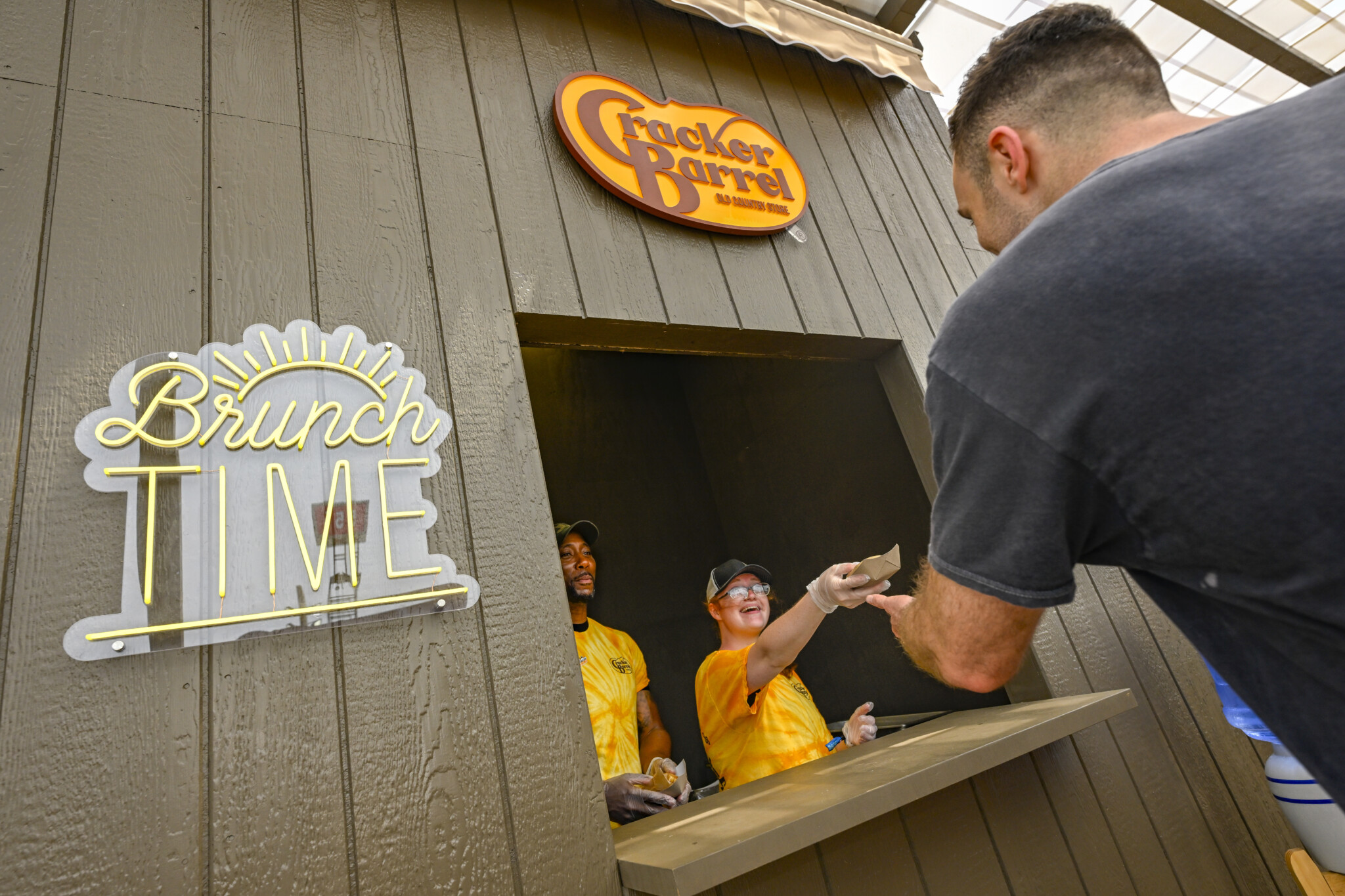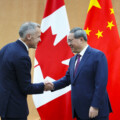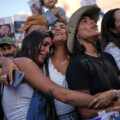When I was leading communications and PR for a major financial institution, a marketing agency came in with what they proudly called an “influencer strategy” for a national product launch. Their plan showcased what they thought was real diversity: younger and older, single and married, racially and sexually varied. On paper, it looked like a cross-section of the country. In reality, every one of them could plausibly have lived in the same condo tower on King West in Toronto. Different on one axis, identical in outlook, lifestyle, and class. They hadn’t captured Canada; they’d captured a narrow, urban, ideologically homogeneous bubble. They thought they were cosmopolitan, but their imagination ended at the city limits.
That bubble is where much of our managerial class now lives. Urban, credentialed, monolithic, they mistake curated aesthetic variation for real difference. They know the rituals of brunch, not the rhythms of small towns. They speak of “diversity” as a slide bullet point, not as a lived reality. Increasingly, they treat their own customers as inconvenient embarrassments, implicitly acknowledging their brand appeals to people they’d rather not be seen with.
This is how we wind up with a fiasco like the Cracker Barrel rebrand. I’ve never thought much of Cracker Barrel—the food is mediocre, and the atmosphere too kitschy for me—which makes it all the more hilarious that this chain of pancake houses briefly became a frontline in the culture war. In their pursuit of modernity, management stripped away the one thing their customers valued most: the comforting signal of tradition. By erasing the folksy “old country store” logo—Uncle Herschel leaning on a barrel—and replacing it with sleek minimalism, they didn’t merely update the brand. They erased it. And by erasing it, they revealed what they truly thought: they wanted to upgrade the customers who cherished it into a younger, sleeker, more urbane clientele.
But nostalgia is mocked only by those who have nothing worth remembering.
The fallout was instantaneous. Customers revolted. Investors punished the stock, wiping out over $100 million in market value in days. And the political backlash was universal: Trump mocked the rebrand, but so did the Democrats. In a polarized age, Cracker Barrel achieved the impossible: bipartisan agreement that its managers were idiots. Within a week, management caved. Uncle Herschel was back on the barrel.








